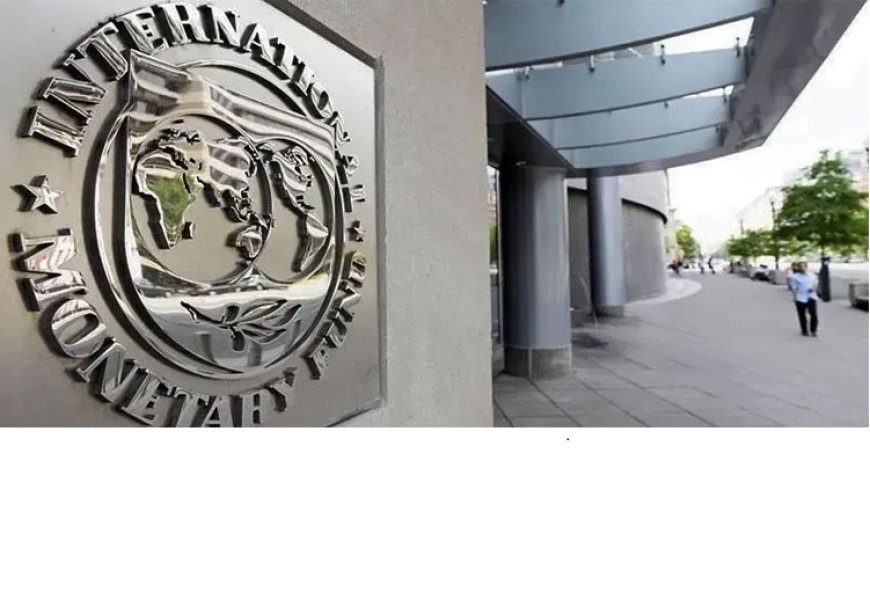Pakistan secures $7bn aid deal with IMF

1. Pakistan and the International Monetary Fund reached a three-year, $7 billion aid package deal, the Washington-based institution said on Friday.
The new program, pending validation by the IMF’s Executive Board, aims to solidify macroeconomic stability and foster stronger, more inclusive, and resilient growth for Pakistan, as stated in an official announcement.
Approval of the agreement rests with the IMF’s Executive Board.
According to the IMF statement, quoting Nathan Porter, the Fund’s mission chief to Pakistan, the program seeks to build upon recent gains in macroeconomic stability by strengthening public finances, reducing inflation, bolstering external reserves, and addressing economic distortions to stimulate growth led by the private sector.
"In pursuit of these objectives, the authorities intend to raise tax revenues by 1.5 percent of GDP in FY25 and 3 percent over the program period," the statement noted. This will involve simplifying and equitably adjusting direct and indirect taxation, including integrating income from retail, export, and agriculture sectors into the tax framework.
Furthermore, the statement highlighted that federal and provincial governments have agreed to realign spending in accordance with the 18th Constitution Amendment by signing a ‘National Fiscal Pact’. This pact will devolve responsibilities such as education, health, social protection, and regional public infrastructure investment to the provinces.
Provinces have committed to harmonizing their Agriculture Income Tax laws with federal and corporate income tax regulations by January 1, 2025.
Efforts to enhance the power sector's sustainability and minimize losses through timely tariff adjustments, reforms, and restrained expansion of generation capacity are also part of the plan.
"The authorities remain committed to targeted subsidy reforms and intend to replace household cross-subsidies with direct and specific support through BISP," the statement affirmed.
Additionally, Islamabad aims to trim its fiscal deficit by 1.5 percent to 5.9 percent in the upcoming year, addressing another crucial IMF requirement.
The previous loan, a $3 billion IMF deal spanning nine months, proved essential, albeit contingent upon unpopular austerity measures such as terminating subsidies that cushioned consumer expenses.
Recent months have seen a slight recovery in the current account balance, with inflation beginning to decline, yet Pakistan faces a daunting foreign debt of $242 billion, consuming half of the government’s income in 2024 for servicing, according to the IMF.
The IMF anticipates a 2 percent growth rate for the current year, with inflation projected to hover around 25 percent annually, gradually tapering off in 2025 and 2026.

















































